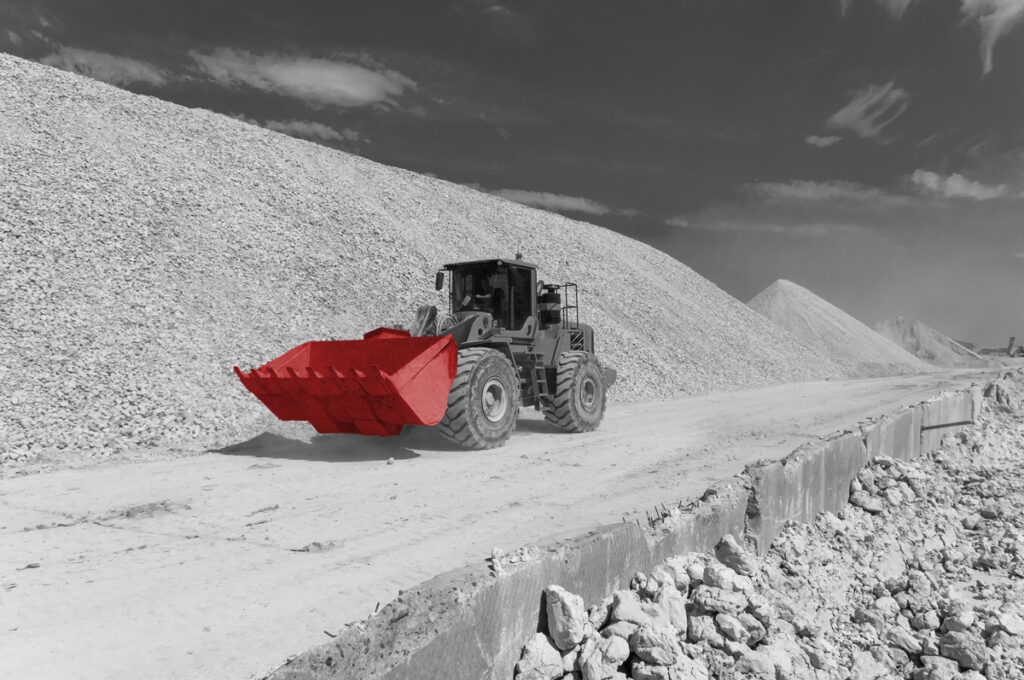Discover our range of services, tailored to the unique characteristics of your business
Building a better company takes experience and passion, it is a learning process which requires analysis, ideas, testing and solutions. Developing prototypes. Becoming a better company means minimising risks and damage, avoiding fines and curbs on company activities, implementing an efficient, ethical and transparent management model.
It means pursuing an innovative, evolutionary process within the company, focusing on the development and application of an optimal organisational model, constructed together, through interaction and dialogue.
Improving ourselves and improving others.

We provide consultancy services of the highest calibre, ensuring transparency and reliability.
We monitor your project at every stage, you can count on flexibility, punctuality and accuracy.
Discover our range of services, tailored to the unique characteristics of your business











